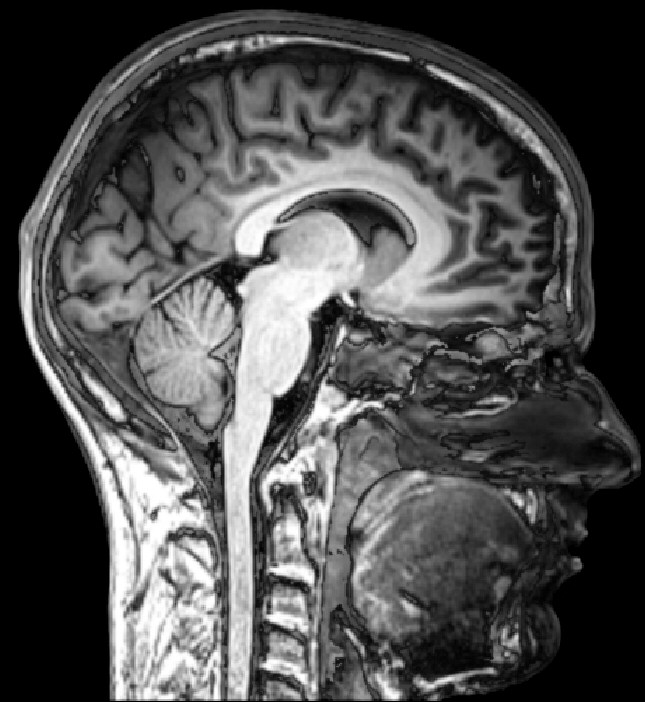The Overuse of Digital Technologies is Ruining Our Schools. PaleoEducation is the solution.
If you are a classroom teacher, you have likely been told that you need to use more technology in your classroom. It might even be a part of your evaluation. If you have ever asked an instructional supervisor why it is so important that you use technology in the classroom, you have likely been faced with a blank stare. This blank stare was likely replaced with a patronizing explanation about how students these days are using screens all the time, so we had better get on board.
The problem is that practical classroom experience as well as scholarly research say that more screen time is inhibiting critical thinking and problem solving skills in students, harms social abilities, and ruins focus in our younger generations. Further, massive overspending on classroom digital technologies is causing school systems to have to choose between lowering class sizes and increasing teacher pay. This all leads to a toxic environment in which it is becoming more and more difficult to attract and retain talented teachers.
The good news in all of this is that there is a simple, cheap, yet effective solution. The solution is PaleoEducation. This method addresses the modern deficiencies created by an over dependence on technology simply by relying on excellent teachers using only the most basic teaching tools.
We certainly appreciate the irony of creating a website dedicated to problems created by technology, but as we will discuss, there are two worlds out there right now. There is the world of those of us who didn’t grow up with technology, who developed critical thinking skills, have the ability to focus, so that we can exploit the full potential of technology. And then there are those who grew up depending on technology. They have come to rely on technology to do their thinking and their socializing for them. Chances are, if you’ve read this far, you are the former, and not the latter.
Our goal here is to start the conversation. Explore alternatives. Please read what is here and discuss it with your colleagues, administrators, parents, students and school boards. Feel free to disagree, but do so after reading about the issue. In the coming months we will post more and more of our findings and our solutions. Send your comments to us. More importantly, though, start the conversation with your communities. Ask yourselves and one another: is more technology good for education?




